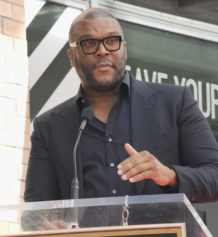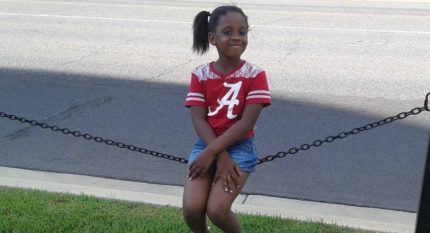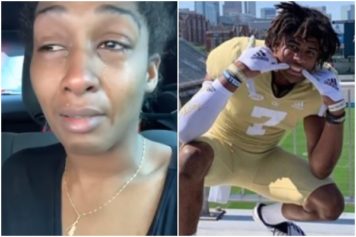Federal regulators this week announced plans to roll out a new three-digit suicide prevention hotline number that will make seeking help for mental health emergencies much like dialing 911.
Federal Communications Commission officials have pre-approved a plan that would designate “988” as the short dialing code for the National Suicide Prevention Lifeline. Anyone experiencing a mental crisis and/or considering suicide call dial the code and be redirected to that hotline.

The National Suicide Prevention Lifeline connects callers to callers to one of 163 crisis centers, where counselors answered nearly 2.2 million calls last year. (Photo: Getty Images)
Currently, the U.S. suicide-prevention hotline uses a 10-digit number, 800-273-TALK (8255), which provides “free and confidential emotional support to people in suicidal crisis or emotional distress 24 hours a day, and 7 days a week,” according to its website. There’s also a Crisis Text Line that allows people to talk with crisis interventionists via text when they dial 741741.
Dwight Holton, CEO of Lines for Life, a suicide prevention nonprofit, lauded the proposed code as a breakthrough in terms of reaching people who may be suffering emotionally.
“No one is embarrassed to call 911 for a fire or an emergency,” Holton told USA TODAY. “No one should be embarrassed to call 988 for a mental health emergency.”
Last year alone, counselors answered 2.2 million calls that came through the hotline, which connects callers to one of 163 crisis centers. Experts say suicide is preventable, however, growing research showing an increase in suicide rates and attempts, particularly among Black adolescents, is cause for concern
An October report published in the medical journal Pediatrics found that while suicide attempts among white American teens have remained largely unchanged, there was a staggering 73 percent rise among high school-aged Black boys and girls.
It’s unclear what’s exactly causing the uptick in attempts, but past studies have pointed to several factors, including poverty, racial discrimination and bullying. Accessibility is also an issue, as Black youth are less likely to receive mental health treatment than their white peers
Overall, suicide rates for Black adolescents remain below those of white adolescents.
On Thursday, the FCC began formal rule-making on the 988 code that seeks the public’s opinion on the designation. So far, the agency has proposed requiring all phone service carriers and providers to accommodate the 988 number within 18 months.
“The Notice also seeks comment on all aspects of implementation, including whether a longer or shorter time frame would be needed to make 988 a reality,” the FCC said in a news release.
It continues: “The Commission will be taking public comment on the Notice of Proposed Rulemaking following publication in the Federal Register. Following review of that public record, the Commission will move toward final rules.”
The new feature may not be implemented until sometime in 2021.


